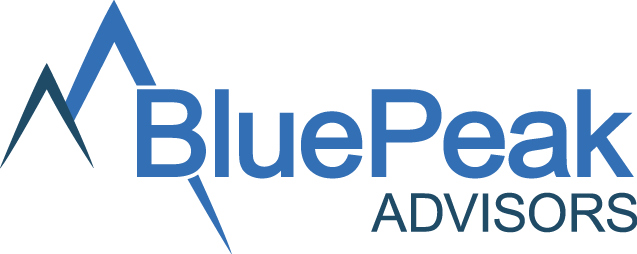Two rules have the potential to impact how Part D price concessions and pharmaceutical rebates are managed and how these changes, when implemented, will subsequently impact a Part D sponsor’s operational areas. First, a recently proposed rule issued by the Centers for Medicare & Medicaid Services (CMS) includes a requirement for plans to include any price concessions within the negotiated drug cost. Second, CMS has already finalized some changes to the federal Anti-Kickback Statute (AKS) safe harbor protections, which would require any pharmaceutical rebates to be applied at the point-of-sale, but those changes have not yet taken effect.
The background and possible operational impacts of both rules are outlined below.
- Price Concessions: Proposed Rule
On January 12, 2022, CMS published the proposed rule titled “Contract Year 2023 Policy and Technical Changes to the Medicare Advantage Program and Medicare Prescription Drug Benefit Programs” (CMS-4192-P). If finalized, this rule would redefine the term ‘‘negotiated price’’ as the lowest possible reimbursement a pharmacy could receive for a covered Part D drug under its contract with the Part D sponsor or the sponsor’s intermediary. Additionally, the definition would specify that the negotiated price for a covered Part D drug must include all pharmacy price concessions and any dispensing fees and exclude additional contingent amounts (such as incentive fees) if these amounts increase prices, even when such price concessions are contingent upon performance by a pharmacy. Currently, if the price concession cannot be reasonably determined at the point-of-sale, Part D sponsors may calculate and collect these amounts after the claims have processed and the Part D sponsor has subsequently reported these amounts on the plan’s annual Direct and Indirect Remuneration (DIR) report. If this proposed rule is implemented, this will no longer be permitted, and all price concessions will be applied at the point-of-sale and reported to CMS on the prescription drug event (PDE) record. These changes are proposed to be effective January 1, 2023. Comments on the proposed rule are due on/before March 7, 2022. Also note, this rule is only proposed to impact price concessions and not pharmaceutical rebates.
- Amendment and Additions to AKS Safe Harbor Protections: Final Rule
On November 30, 2020, the Office of the Inspector General and the Department of Health and Human Services published the final rule titled “Removal of Safe Harbor Protection for Rebates Involving Prescription Pharmaceuticals and Creation of New Safe Harbor Protection for Certain Point-of-Sale Reductions in Price on Prescription Pharmaceuticals and Certain Pharmacy Benefit Manager Service Fees” (RIN 0936-AA08). This final rule amended the safe harbors to the AKS by adding two new safe harbors and amending the existing discount safe harbor that, prior to these changes, provided safe harbor protection for certain payment practices and business arrangements under the AKS. Specifically, this rule amended 42 CFR 1001.952(h) to eliminate AKS safe harbor protection for manufacturer rebates paid directly or indirectly, through a pharmacy benefit manager (PBM), to Part D sponsors. This amended safe harbor was originally scheduled to be effective January 1, 2022, initially delayed until January 1, 2023, and then delayed again until January 1, 2026 by the Infrastructure Investment and Jobs Act (H.R. 3684). Also, this rule created two new safe harbor protections to: (1) allow point-of-sale price reductions paid by manufacturers to Part D sponsors; (2) protect certain fair market value service fees paid to PBMs by manufacturers. These new safe harbor protections were originally scheduled to be effective January 19, 2021 and have been delayed multiple times including most recently by the Infrastructure Investment and Jobs Act (H.R. 3684), and are currently scheduled to be effective January 1, 2026. Section 139301 of the Build Back Better Act, which was passed by the House of Representatives on November 19, 2021, included a repeal of this final rule. However, to-date, this Act has not passed the Senate.
If the above rules go into effect, any rebates and/or price concessions would need to be applied at the point-of-sale and buy down the claim’s drug cost. A reduction in the claim’s drug cost would benefit the member when they are in the deductible phase, paying a coinsurance benefit, and would also slow down their advancement to the coverage gap benefit phase. Without being able to apply rebates and/or price concessions after the claim processes, Part D sponsor’s liability will increase which may cause an increase in premiums. Part D sponsors will need to work closely with their bid actuaries to account for these changes in the bid calculation process. Part D sponsors will also need to work with their PBM and other operational areas, because claim adjudication, PDE, Part D Explanation of Benefits (EOB), and DIR reporting will likely need to be updated to support the implementation of these rules.
